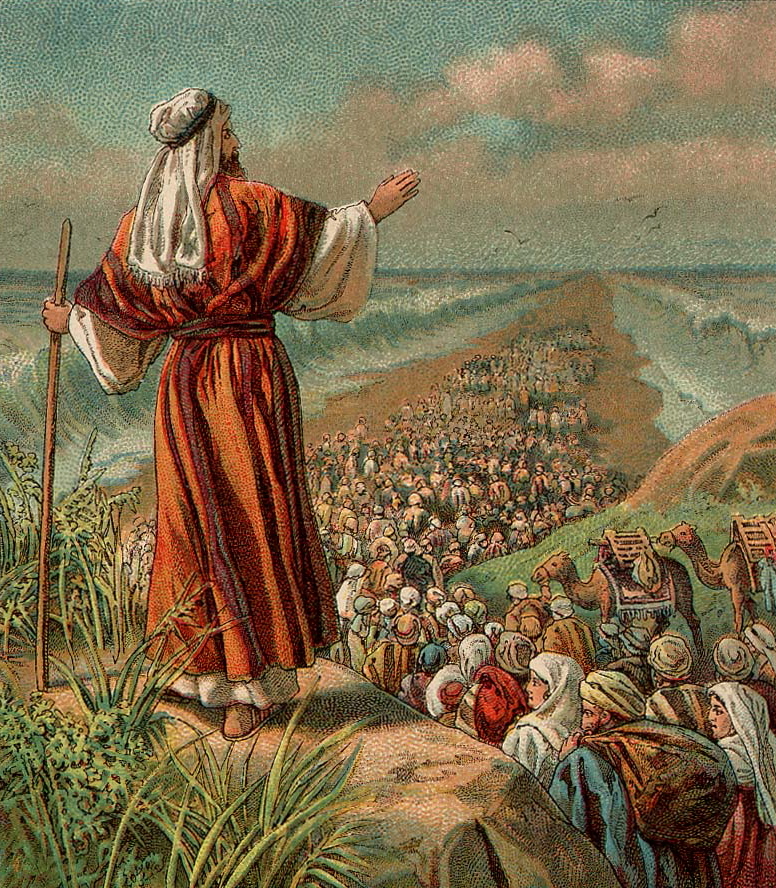
Hazrat Musa, known in the Western world as Moses, holds a prominent place in Islamic tradition and is celebrated as a prophet of God. His life and mission, as described in the Quran and Islamic traditions, are rich with lessons of faith, leadership, and the struggle for justice.
Birth and Early Life:
Hazrat Musa was born in Egypt during a time when the Israelites were enslaved by Pharaoh, the ruler of Egypt. His early life was marked by extraordinary events, including his survival in infancy when his mother placed him in a basket and set it adrift in the Nile River to protect him from Pharaoh's decree to kill all male Israelite infants.
The Divine Mission:
Hazrat Musa received his prophethood through a direct encounter with Allah, signified by a burning bush that was not consumed by fire. Allah chose him to deliver a message of monotheism and to free the Israelites from their bondage under Pharaoh's tyranny.
The Exodus and Liberation:
One of the most iconic events in Hazrat Musa's life was the Exodus, the miraculous journey of the Israelites out of Egypt. He confronted Pharaoh with a series of divine signs and plagues, demanding the release of the Israelites. After Pharaoh's refusal, the Israelites escaped through the parting of the Red Sea, an event that symbolizes divine intervention and liberation.
The Ten Commandments:
Hazrat Musa received the Ten Commandments from Allah on Mount Sinai. These commandments, including directives to worship one God, honor one's parents, and refrain from lying and stealing, remain a foundational ethical code in both Judaism and Christianity.
Leadership and Guidance:
Hazrat Musa served as a leader and guide for the Israelites during their journey in the wilderness. He provided them with religious laws, including dietary restrictions and the construction of the Ark of the Covenant. His leadership style was characterized by a deep faith in Allah, patience, and a commitment to justice.
Death and Legacy:
The Quran indicates that Hazrat Musa's life came to an end, but his legacy continues to inspire generations of believers. His story, preserved in the Quran and the Bible, offers valuable insights into the qualities of a steadfast prophet and a leader committed to liberating the oppressed.
Significance in Islam:
In Islam, Hazrat Musa is considered one of the mightiest prophets. His story is not only a testament to faith but also a source of inspiration for those who are struggling against oppression and injustice. Muslims hold him in high regard for his unwavering faith and his role in delivering Allah's message.
Interfaith Connections:
Hazrat Musa's story is not limited to Islam but also features prominently in Jewish and Christian traditions. His role as a liberator and lawgiver is celebrated in both the Torah and the Old Testament.
Conclusion:
Hazrat Musa (Moses) is a beloved figure in Islamic tradition, admired for his commitment to faith, his role as a liberator, and his leadership qualities. His life serves as a source of inspiration for believers across the Abrahamic faiths and a reminder of the enduring significance of faith, justice, and divine guidance.
While this article provides information and analysis on the topic, please ensure proper attribution and respect for intellectual property rights if you plan to use it in any public or academic setting.
